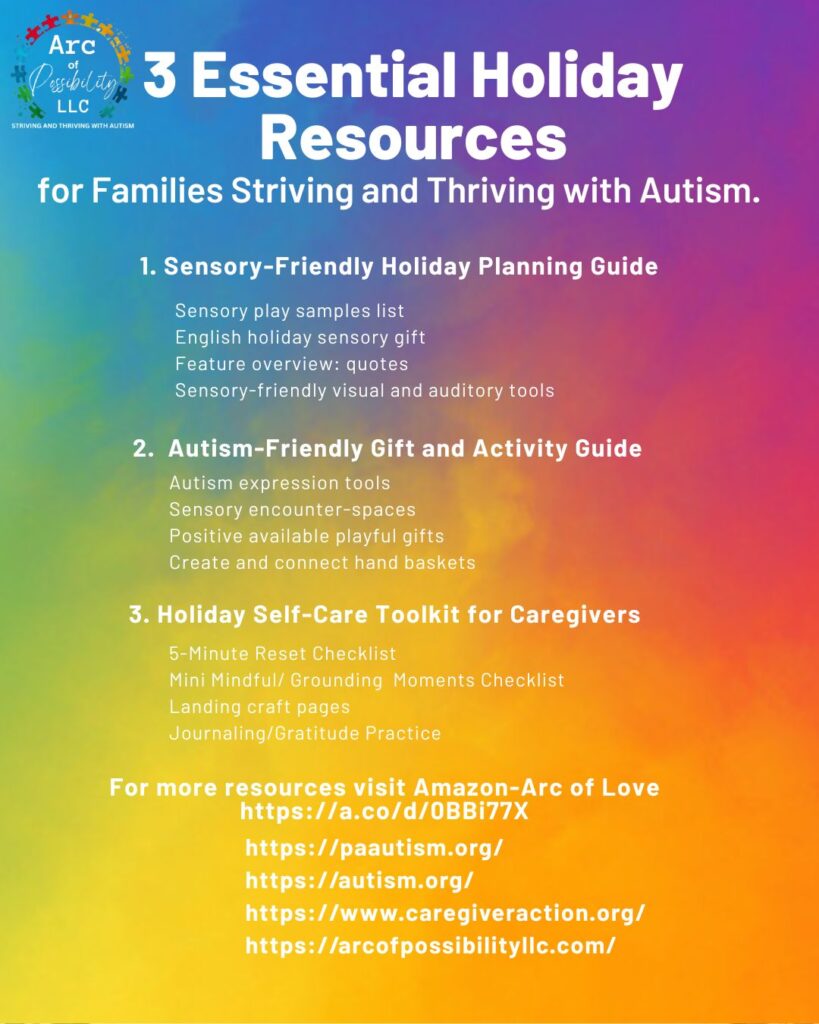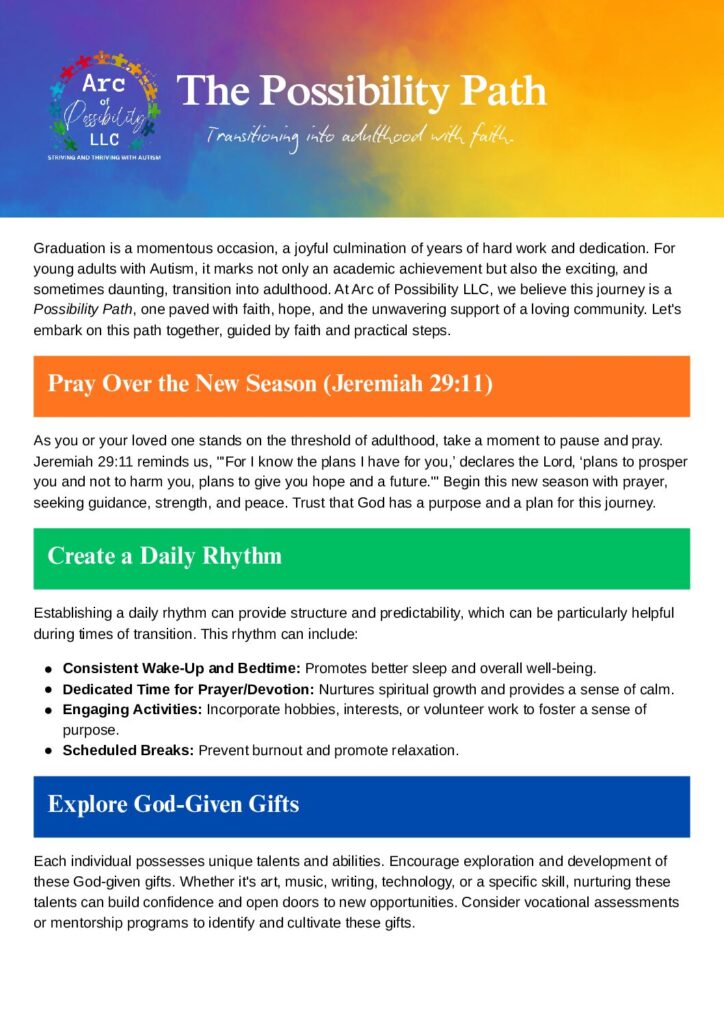




You are capable. So, you are at the beginning of something BIG! Whether it’s diving into higher education at a university, mastering a trade at vocational school, or stepping onto the career ladder, you’re facing a major transition. It’s exciting, sure, but also… maybe a little intimidating? That’s totally normal. But here’s the secret weapon that will make all the difference: your attitude.
| Attitude: The Ultimate Game Changer |
Think of your attitude as the engine driving your success. A positive, proactive attitude will power you through challenges, open doors you never knew existed, and make the whole experience way more enjoyable. A negative attitude? Well, that’s like driving with the brakes on. You might still get there, but it’ll be a struggle.
| Fixed Mindset:Believes abilities are set in stone.Avoids challenges.Gives up easily.Sees effort as fruitless.Feels threatened by the success of others. | Growth Mindset:Believes abilities can be developed through dedication and hard work.Embraces challenges.Persists through setbacks.Sees effort as the path to mastery.Finds lessons and inspiration in the success of others. |
Which mindset resonates more with you? Shifting towards a growth mindset is a conscious choice, and it’s one of the most powerful things you can do for yourself.
| Building Up Your Positive Attitude |
Okay, so how do you cultivate this amazing attitude we’re talking about? Here are a few practical tips:
| Your Attitude: Your Superpower |
Remember, your attitude is a choice. It’s a muscle you can strengthen with practice. By cultivating a positive, proactive attitude, you’ll not only succeed in your chosen path but also enjoy the journey along the way. So, embrace the challenge, believe in yourself, and unleash your inner superpower! You’ve got this!
| Next Steps |
Take some time to reflect on your current attitude. Identify any negative thought patterns you might have and brainstorm ways to reframe them. Start incorporating the tips above into your daily routine. Remember, it’s a process, not a destination. Be patient with yourself, and celebrate your progress along the way.
The back-to-school season can be a time of excitement and anticipation, but for young adults with autism and their caregivers, it can also bring unique challenges. With careful planning and preparation, this transition can be smoother and more successful. This checklist provides essential strategies and tips to support young adults with autism as they embark on their academic journey. Remember: Yes, you can! All things are possible.
| Creating Predictable Routines |
Routines provide a sense of structure and predictability, which can significantly reduce anxiety and promote a feeling of control.
| Fostering Independence |
Encouraging independence is crucial for building self-esteem and promoting self-sufficiency.
| Utilizing Visual Schedules |
Visual schedules are powerful tools for enhancing understanding and reducing anxiety, especially for individuals who are visual learners.
| Advocating for Needs |
Self-advocacy is a critical skill for young adults with autism. Caregivers can play a key role in teaching and supporting this process.
| Joining Social Skills Groups |
Social skills groups provide a structured and supportive environment for learning and practicing social interactions.
This is the question so many families face the moment the graduation cap comes off. For us, the decision didn’t come easy. We prayed, researched, asked questions, and had to really consider what was right for us—not just what the world said we should do.
We chose vocational school—a program that offers real-life, hands-on training, structure, and pathways to employment without the overwhelm of a traditional college setting.
Did you choose college, a trade, a job, or something else? What helped you decide? Are you still figuring it out? That’s okay too. Just know that we are building a roadmap together—one step at a time.

For individuals with autism, social skills aren’t just about learning how to “fit in”—they’re about discovering how to connect meaningfully, while also understanding that being alone is not a weakness, but a gift!
Teaching Tip:
Use both structured and flexible tools to teach social interaction, such as:
Every new skill learned is a step closer to confident, empowered adulthood—and today, we are throwing in a little detergent and celebrating laundry independence!
For those on the adult-ish independence journey, mastering laundry may seem small to some, but here at Possibility, we recognize it as a major milestone. Sorting colors, understanding washing cycles, folding clothes with pride—it is more than just a chore. It is about ownership, self-respect, and progress.
We believe that each skill you learn stays with you, building a foundation of strength and confidence that carries you forward. Whether it’s the first time using a washing machine solo or remembering to check pockets before a wash, every lesson matters. We cheer for every win, every mistake turned learning moment, and every bit of independence gained.
So here’s to fresh starts, fresh laundry, and fresh confidence!
Keep going. Keep learning. Keep believing.
You’ve got this!
When I first began this journey with my daughter, I didn’t have all the answers—I just knew I had to show up every single day and try. Like many of you, I found myself overwhelmed, isolated, and wondering if I was doing enough. But here’s the truth: there is help, there is hope, and you are not alone.
As my 19-year-old daughter prepares to graduate, I look back on this journey not just as a mother—but as an advocate. From late nights researching programs to early mornings at school meetings, this path has been filled with growth, setbacks, miracles, and strength I didn’t know I had.
Finding a Village
One of the most transformational things I did was build a village—and it didn’t happen overnight. I started attending advocacy meetings, joined parent support groups, and even made my way to the state capitol to be a voice for my daughter and families like ours. What I learned is that our strength is magnified when we stop isolating and start connecting.
This blog is for the parents and caregivers who are still searching, still advocating, still hoping. Let me offer you a few practical steps that helped me move forward—and can help you too.
3 Practical Tips to Find Help, Resources & Support:
1. Start Local: Look Around Your Community
Your school district, public library, or community center likely hosts free or low-cost events where organizations present resources. Just this past week, I found a spring break camp for my daughter at a school resource fair—with over 15 helpful booths in one place.
Tip: Search Facebook Events or your county’s official website for resource fairs, family nights, or parent workshops.
2. Join a Support Group—In Person or Online
Support groups are where wisdom meets understanding. Whether it’s a parent-led circle at your church or an online group for caregivers, these spaces can offer practical tools, emotional relief, and friendships that last.
Tip: Search “Autism Support Group + [Your City]” on Facebook or Meetup. Many nonprofits like Autism Speaks or local advocacy centers also host support groups.
3. Partner with Advocacy Organizations
Advocacy opens doors. By connecting with organizations that fight for disability rights and services, you get access to transitional planning tools, legal guidance, and funding opportunities for programs. They often know what’s available before the general public does.
Tip: Reach out to your state’s developmental disabilities council or disability services office. They often have lists of approved resources, grants, and job training program
Closing Encouragement
You may feel like you’re carrying the world on your shoulders—but you’re not carrying it alone. You were never meant to. God walks with you, and He places people in your life to help carry the load. Trust that. Lean into your village. Keep advocating. Keep believing. And remember this:
“Speak up for those who cannot speak for themselves, for the rights of all who are destitute.” – Proverbs 31:8 (NIV)
There is help. There is hope. And most importantly—you are not alone.